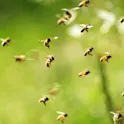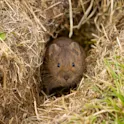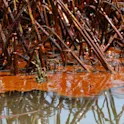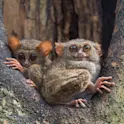
Featured news
29 Aug 2022
41% of teenagers can’t tell the difference between true and fake online health messages
By Suzanna Burgelman, science writer Image: Shutterstock.com A new study has found that teenagers have a hard time discerning between fake and true health messages. Only 48% of the participants trusted accurate health messages (without editorial elements) more than fake ones. Meanwhile, 41% considered fake and true neutral messages equally trustworthy and 11% considered true neutral health messages less trustworthy than fake health messages. The results highlight a need for better training of teenagers to navigate a world where fake health news is so widespread. Health mis- and disinformation are a serious public health concern, with an increased spread of fake health news on social media platforms in the last few years. Previous research has shown that online health messages are mostly incomplete and inaccurate and have potentially harmful health information. Fake health news can lead to poor health choices, risk-taking behavior, and loss of trust in health authorities. “There has been an explosion of misinformation in the area of health during the Covid-19 pandemic,” said principal investigator Dr Radomír Masaryk, of Comenius University. Most research on message credibility has focused on adults. Masaryk and his colleagues have now investigated whether teenagers are equipped to tackle the high volume of […]













